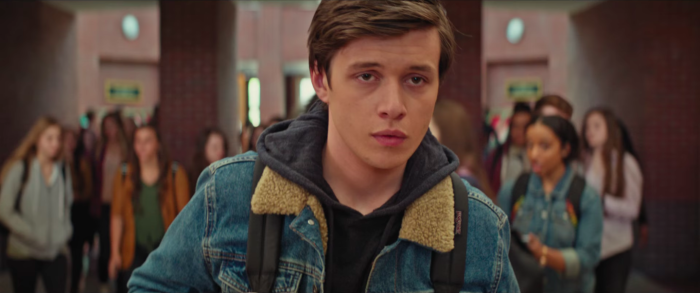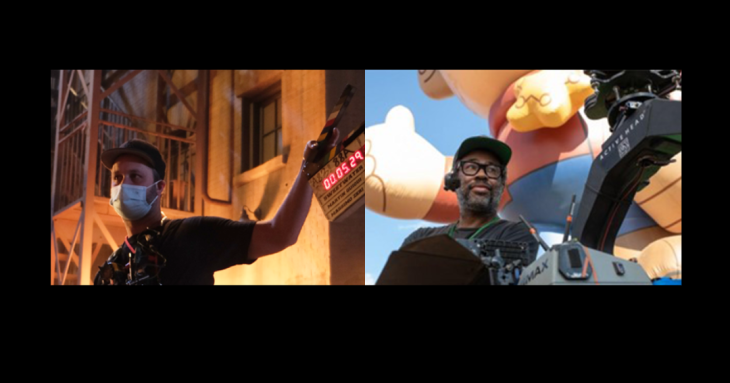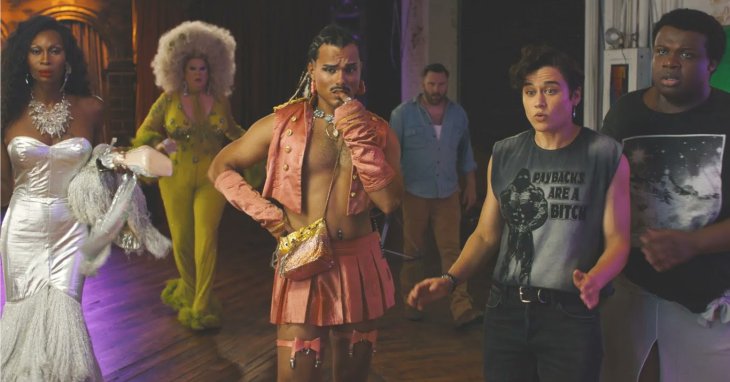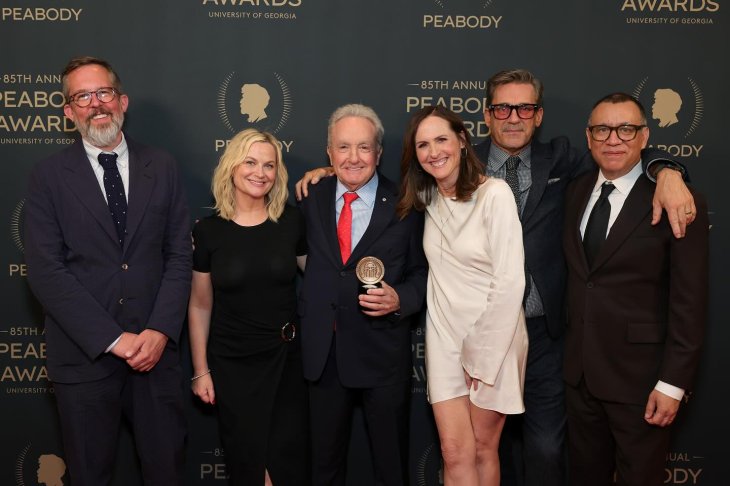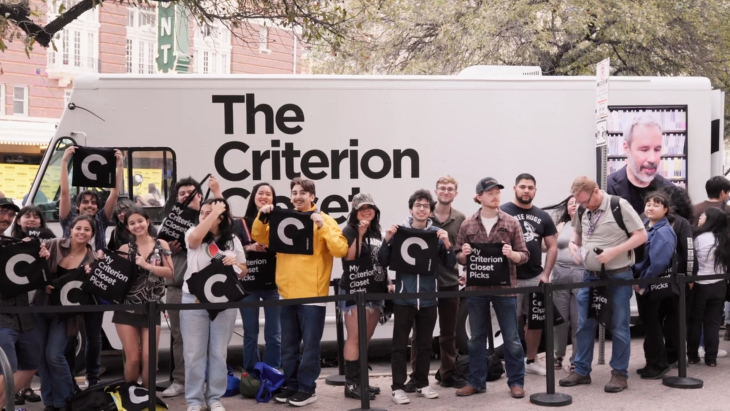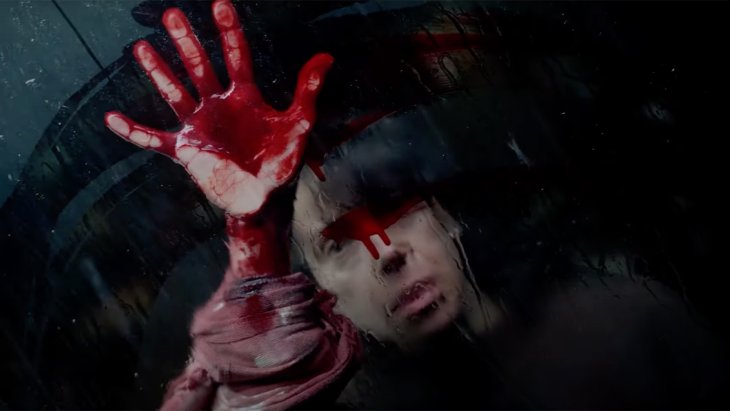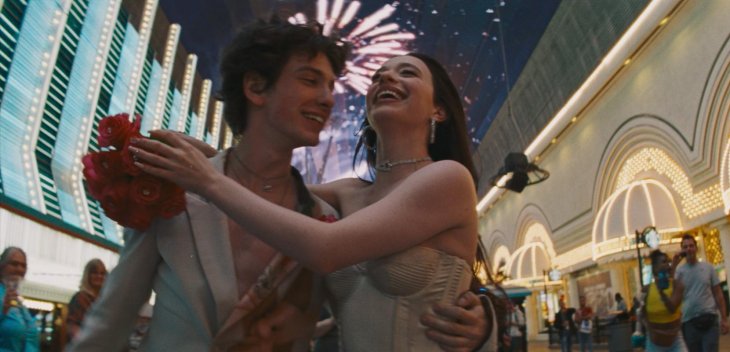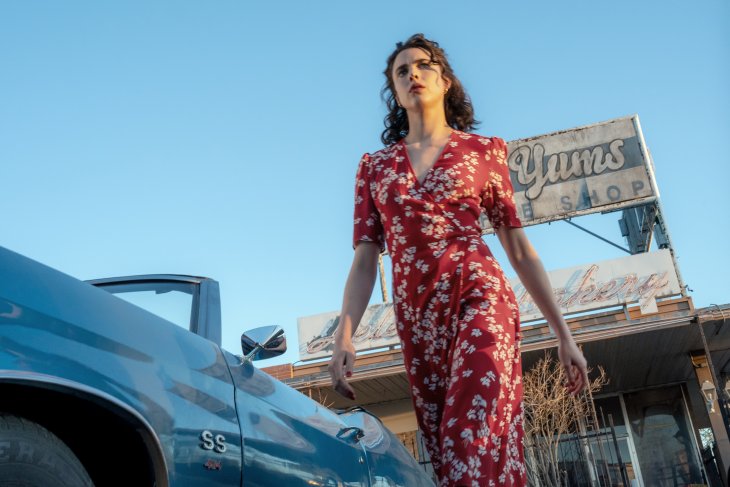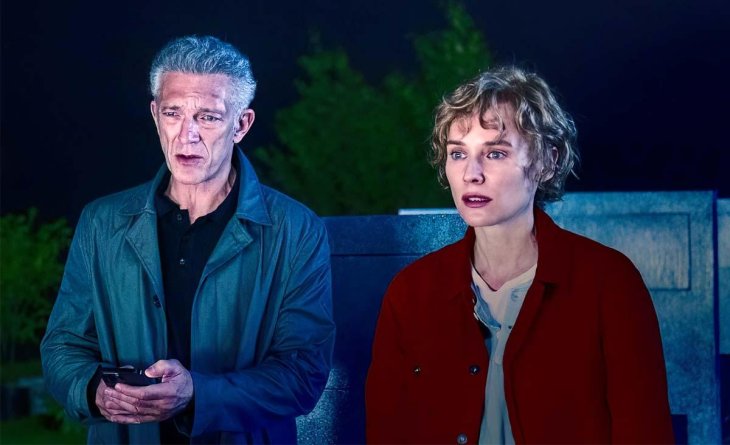“I’m just like you,” is the first sentence spoken by Simon Spier, the hero of Greg Berlanti’s coming-of-age film “Love, Simon.” He continues to tell us about just how “like us” he is through voiceover as we watch a montage of Simon himself (played by Nick Robinson) doing all those normal teenage things with his highschool friends in a small American town. A town in a state seemingly neither red nor blue, racially diverse and architecturally uniform: Anywhere, USA.
The assumption, of course, is that at some point we’re going to see how “not” normal he is. But “Love, Simon”’s best trick is that we never do. Because he is, in all ways, a totally normal kid, not in spite of his gayness – which we come to learn about after we catch Simon nearly masturbating to a the guy who manicures his parents’ lawn – but because of it. The point of “Love, Simon,” adapted from the 2015 novel “Simon vs the Homo Sapiens Agenda,” is to show us that even though gay might be the new normal, when it comes to coming out, normalcy doesn’t matter. It still hurts.
“Simon,” as the first major Hollywood film to place a gay highschool romance at its center, is of historical importance, and it shows. The casting of Nick Robinson, a beautiful type of everyman in the style of a young Johnny Depp or James Franco, might seem like a self-conscious move. As the first teen out-gay rom com hero proper, Simon has to be both relatable and tortured, sexually awakened yet unthreatening, lest the subject of actual gay teen sex rear its head and get in the way of a flawless nationwide publicity campaign. But even for a film of self-conscious importance, “Simon” is about more than the usual message of tolerance and overcoming struggle. It manages to be about the process of building and acquiring an identity through love. And while this has historically been a destructive element plaguing hetero rom coms since the dawn of time, promising young women a handsome white night to save and subjugate them through love, in a gay romance, it’s not just moving: It’s downright progressive. We’re not just watching “The Princess Bride” or “Pretty in Pink” with the female love interest swapped out for a male one. We’re watching the story of a suffering high schooler who isn’t ashamed of who he is, but doesn’t know how to tell his family and friends about it without his world crashing down.
“I’m still me,” Simon tells his mother after coming out, promising that nothing has changed while knowing that on some level everything has. Simon’s struggle isn’t that he can’t see a future for himself or doesn’t know how to be gay. He has faith that going to college (in Los Angeles, naturally) will give him the Big Gay Life he wants and deserves. But while he’s still in the flyover territory, he knows that his identity will bring questions, insults, hatred, confusion, and tears. And he doesn’t want that. All he wants to do is find out the true identity of the other gay guy at his school he’s been emailing under a pseudonym. He wants to access something deeply private – a relationship – without putting himself in the public eye the way that coming out never fails to do. His struggle is that of a normal teenager, and it’s sweet to see it shown and explained in that way. Simon is never made to stand in for some big political point, and his struggle is never made out to be bigger than itself. In keeping the story small, in making sure that “Simon” remains a movie about a high school crush in a town where everyone’s watching, listening, and monitoring every last hormonal change you go through, the team behind the film has created something that doesn’t risk seeming dated in five or ten years’ time. “Simon’s” story isn’t universal, and it isn’t timeless, but it is a love story with complications. And that’s something we can always benefit from seeing, no matter how old or young we are, and no matter how we feel about love.
“Love, Simon” is currently screening at cinemas everywhere.

